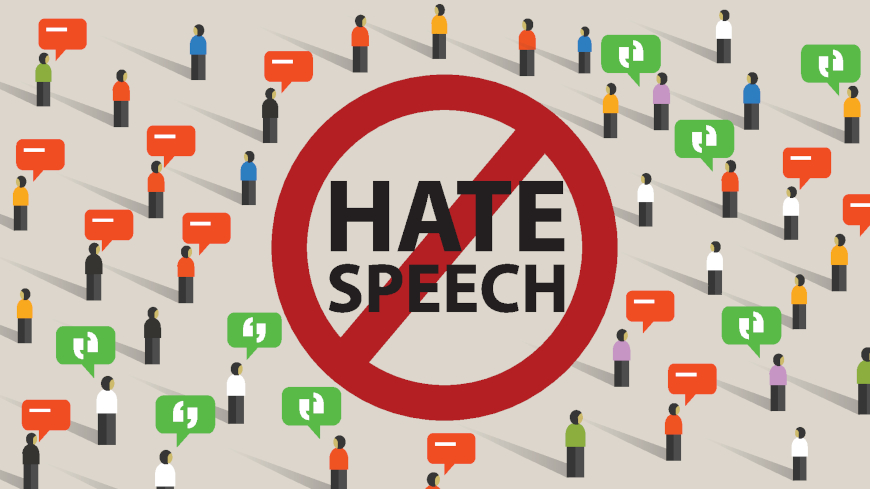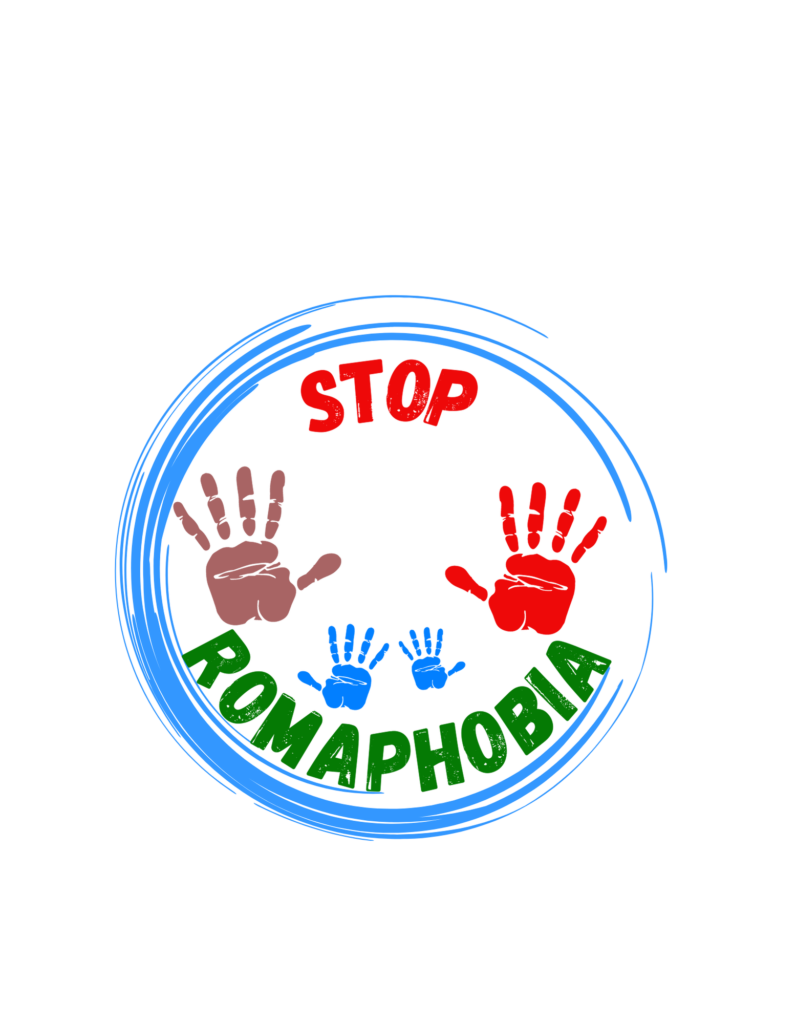
In today’s digital age, social media platforms such as YouTube have transformed into stages for public discourse, influencing attitudes and shaping perceptions. One of the darker sides of this digital revolution, however, is the alarming rise of online hate speech. Our recent research examined this issue, spotlighting the harsh reality of entitlement racism against Roma migrants in the UK on YouTube.
Entitlement Racism on YouTube: White Injury
The paper, titled “Entitlement Racism on YouTube: White Injury—the Licence to Humiliate Roma migrants in the UK”, discusses how racism towards the Roma community often flies under the radar. It explores the worrying strategies through which this form of racism operates, masked by populist and nativist rhetoric or veiled under the guise of sarcasm, irony, and humor. This insidious trend paints a concerning picture of our online communities, highlighting that ‘entitlement racism’, where individuals feel justified in publicly expressing racist behaviors, is alarmingly prevalent. Such freedom of expression is often abused to humiliate and even endorse inhumane treatment against Roma migrants, a form of racism that goes undetected by both AI technology and human moderators on YouTube.
One of the reasons why these expressions of racism go unnoticed is the limitations of current AI models for sentiment analysis and rumour detection. These models struggle to detect racism embedded in visuals, sarcasm, or populist rhetoric. As such, the need for human moderators equipped with specialized knowledge about racism becomes even more crucial.
The problem
However, the study doesn’t just highlight the problem—it suggests potential solutions. It emphasizes the value of qualitative researchers, who can work on various forms of text analysis and digital ethnographic methods to help train moderators and develop better technology for detecting racism or other forms of hate speech. This approach also emphasizes that platforms like YouTube need to invest in clear and comprehensive guidelines for what constitutes hate speech, ensuring that these guidelines cover both content creation and user engagement.
Research
Research clearly shows that eliminating hate speech from social media is not just about technology or moderation. It’s also about challenging deep-rooted societal attitudes. To effectively combat this issue, we need a comprehensive and concerted effort that extends beyond the digital realm and into broader society.
This is a sobering reminder of the urgent need to address the hate speech phenomenon on social media. It presents a challenge not just to platforms like YouTube, but also to each one of us as digital citizens. We must be vigilant in recognizing and reporting hate speech, standing up against racism in all its forms, and promoting a more inclusive and respectful digital space for everyone.
